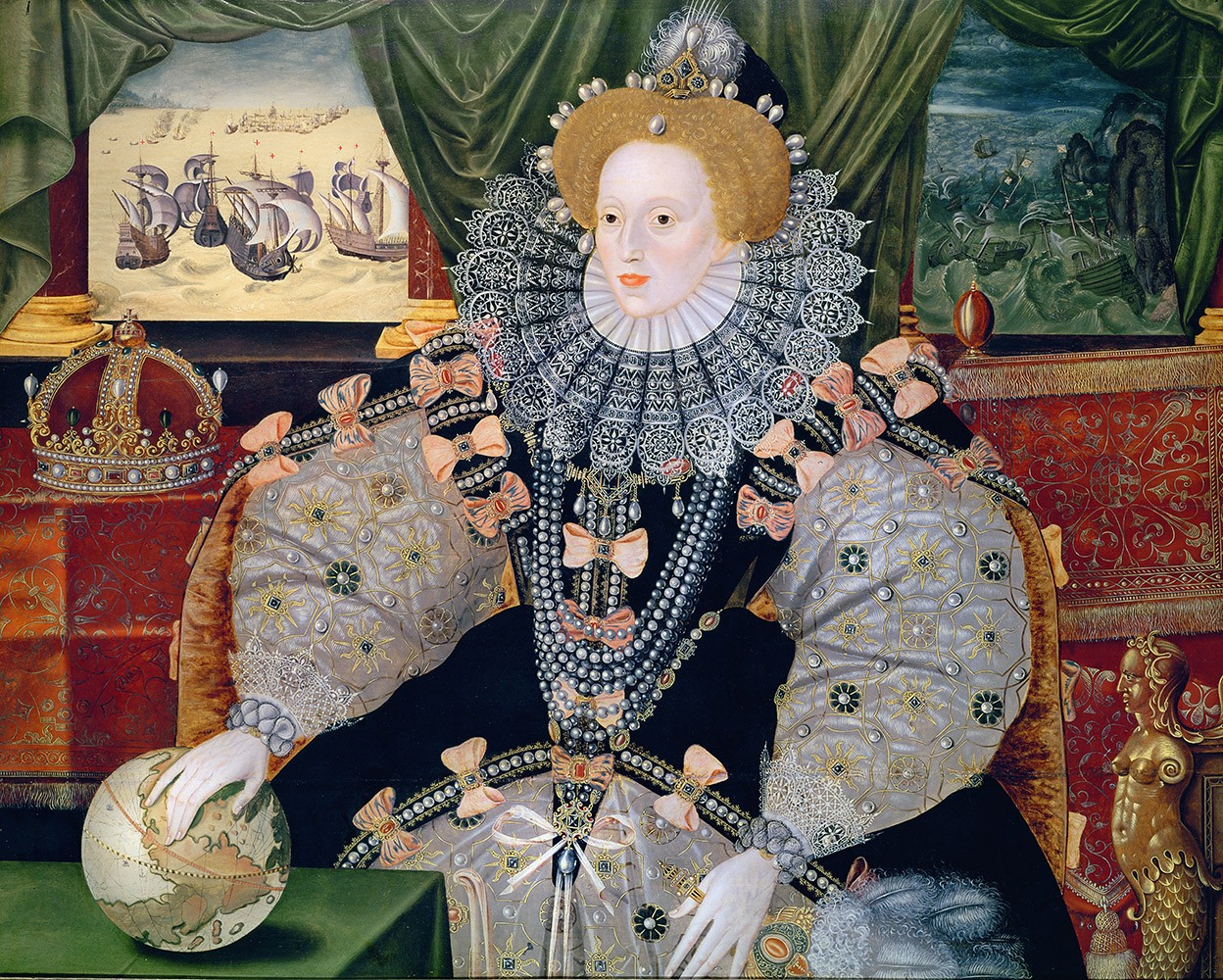
This week my ENGL 1102 students will begin presenting their short research projects. I’ve used this assignment twice before, but this time there are a few new twists. The project still involves the development of a class-wide knowledge base designed to help students better grasp the context of medieval and early modern culture and society, and is designed to reinforce best credible research practices. But whereas the past two iterations involved a complex of technological platforms and communication modes (oral presentation w/ PowerPoint or Prezi-based visual aids, complementary wiki entries, visceral Twitter feedback) this time I’m trying to streamline the process and experience. Students choose from this list of topics that relate to either Elizabethan or medieval England (as identified in the second tetralogy.)
Royalty
- Elizabeth I
- Henry IV
- Henry V
- Henry VI
- Richard II
- Richard III
People
- Catherine of Valois
- Robert Devereux, 2nd Earl of Essex
- Robert Dudley, 1st Earl of Leicester
- Owen Glendower
- Philip Henslowe
- Sir John Oldcastle
- Henry Percy (Hotspur)
- Francis Walsingham
Places, Issues, Events
- Battle of Agincourt
- The Chamberlain’s Men
- Chivalry
- Feudalism
- Globe Theatre
- Holinshed’s Chronicles
- Hundred Years’ War
- Lollards/Lollardy
- Medieval warfare
- Medieval warfare tactics
- The Queen’s Men
- Salic Law
Sherri Brown, our intrepid research librarian, put together a comprehensive research guide of GT and USG library sources that speak to the identified research topics. Students must find at least four credible sources including those on the guide to build their project. Instead of the wiki entry this time students are preparing an abstract that summarizes their approach for the presentation. The abstracts are posted in the class’s WordPress site. A draft of that abstract, including preliminary Works Referenced list, was due on Friday. Over the weekend Sherri and I reviewed the drafts and are giving feedback to the students that will, we hope, help them refine their approaches – and in a few cases help right the ship before it founders. Naturally there was that one student who asked if Spark notes would be an acceptable credible source …. The abstract will serve another purpose: as each student gives their presentation, their classmates will give snapshot feedback in the form of blog comments appended to the abstract. Students therefore take part in a kind of quick write that – through its link to the presenter’s abstract – reinforces their connection with the presenter and the subject matter. The comment stream also provides each presenter with public inline feedback that they can review without my mediation. When I’ve used Twitter for this type of feedback before, I’ve harvested each presenter’s feedback tweet stream as part of their assessment package. I hope this way will be a bit more intuitive and less labor intensive. Presentations begin this Wednesday. Watch this space for observations and conclusions about the relative benefits of this approach.